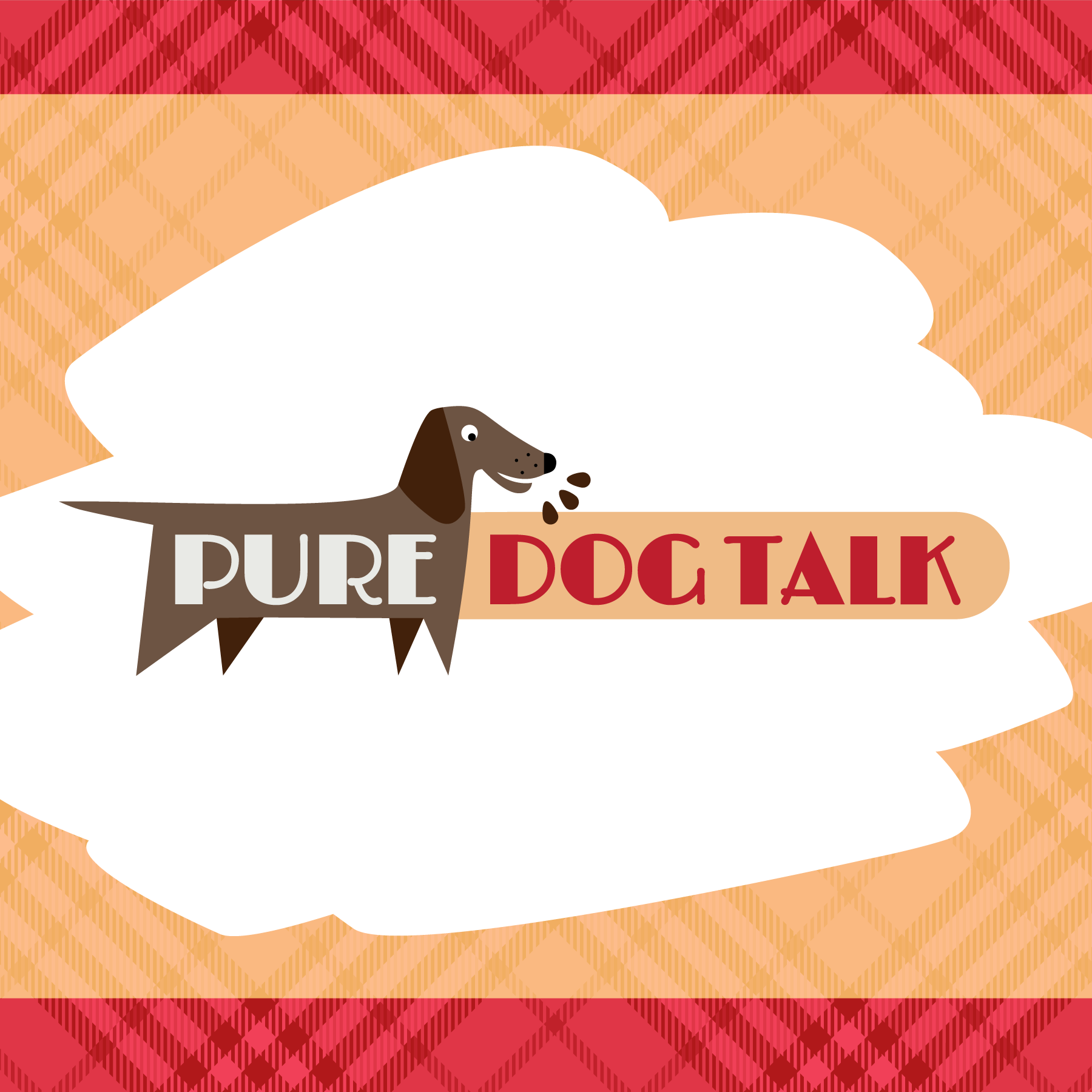Talking Toplines with Stephanie Seabrook Hedgepath
AKC judge and Pembroke Welsh Corgi breeder Stephanie Seabrook Hedgepath is back talking toplines with host Laura Reeves. The topline, specifically, is the entire spinal column, from the tip of the occiput to the tip of the tail.
“A lot of people confuse the term back line with the term topline,” Hedgepath noted. “The back line is basically what you may consider to be the back of the dog, like the withers to the set on of the tail. But the topline starts behind the ears, right at that bump, which is called the occiput, on the skull and then it just goes all the way down. It's like a suspension bridge. It goes all the way down, all the way back and all the way down the tail. It's like the links in a chain and it's not a rigid thing.
Neck
“In mammals there are seven cervical vertebrae. The interesting thing is that one way dogs can differ from dog to dog is in length of neck. When you stop and think about it, they all have the same length of neck, it's cervical vertebrae, there are seven of them. Even a giraffe has seven cervical vertebrae.
“The difference is the size of the vertebrae. A lot of us look at a dog and you see his profile and you think ‘gosh he's got a short, stuffy neck.’ No, he's got the same seven vertebrae as all the other dogs in his class, but because of the positioning of the scapula, if a dog has an upright scapula, it'll cover that up. So yes, they've all got the same length of neck, but it is manifested in different ways because of the rest of the structure of the dog.
Back
“There are many different functions of the spinal column. One of the most important, in the thoracic, is the ribs fit in the spine, go down and join the sternum at the bottom and make a solid piece. So then we have all these thoracic vertebrae and the ribs fit into those vertebrae and that requires a lot of muscling. The only way that front assembly is held onto the dog at all is through muscles and ligaments.
Loin
“The loin area (lumbar vertebrae) is the only part of the dog where the internal organs are not protected by this outer armor of the ribbing. A dog is very vulnerable in that area. The dog with a really long loin is one who's more prone to injury.
Croup
“One of my favorite connections in the dog, when we're talking about hold everything together, is what they call that lumbosacral arch. Where the lumbar vertebrae come into the sacrum, which is the bones there in the pelvis. The last three vertebrae before you hit the caudal, in other words the tail, they're fused. It's the only three and they're fused. That's because a whole lot of energy is going to be pushed all the way through up to the front of the dog when he’s running.”
Listen above to the entire episode for more fabulous insights about our dogs’ structure and how it impacts their performance.

